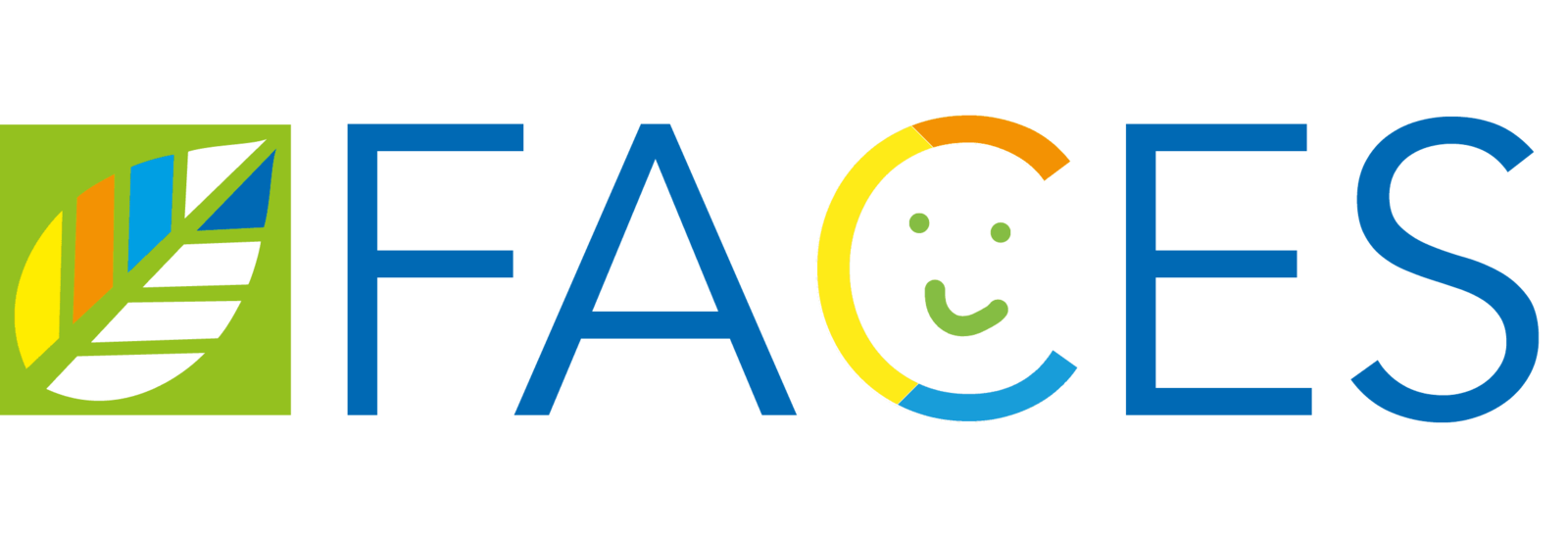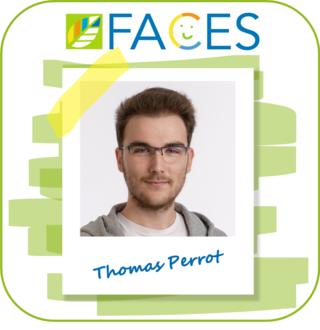

Five questions to Thomas Perrot
Question 1
You are working in research area 3 of CEPLAS and deal with yeast in the field of synthetic biology. What impact can your research have on our daily lives?
My research project consists of the use of yeast for studying plant genes involved in the biosynthesis of plant cell wall polysaccharides. The idea is to create genetically modified yeasts able to produce plant polymers in order to analyze their chemical structures. The ultimate goal of this work is to advance our knowledge of the plant polysaccharide synthesis.
However, a potential impact in our daily lives could be considered for long-term. Indeed, some plant polysaccharides represent an interest for industrially applications (especially for medecine and quality food). Therefore, the possibility to use yeast as a platform for synthetizing these value-added polysaccharides represents a sustainable alternative for obtaining them.
Question 2
When and why did you decide to work in science? What fascinates you about synthetic biology?
I would say that my desire to work in science came progressively. Since the beginning of my studies, I’ve always been interested in plant science. For example, when I was a Bachelor student, I was impressed to discover the defense mechanisms developed by plants when they are attacked by pathogens. To specialize in plant biology, I continued my studies and I did a Master. After that, I performed my PhD in protein biochemistry at the University of Lorraine and this research experience definitely convinced me to work in science.
One of the things that I find fascinating with synthetic biology is the possibility to generate engineered organisms able to synthetize compounds (or proteins) of choice that they don't produce naturally. For me, synthetic biology has a crucial role for the discovery of natural products having biological activities (such as antimicrobial or antioxidant properties) and hence has an impact in our lifestyles.
Question 3
Tell us about your daily life as a scientist! What areas of your work do you like most?
From my point of view, each day as a scientist is different and this is clearly something that I appreciate. Obviously, most of the days, I’m doing experiments for answering to biological questions and making progress in my project. To do that, I use molecular biology, microbiology and biochemistry methods. However, some days I have others responsibilities as I’m also involved in a teaching module and I occasionally supervise students.
Question 4
Which incident from your life as a researcher has remained in your memory the most?
Even if I’m a young researcher, I have some noteworthy memories. I remembered of my first results when I was in PhD. I highlighted interactions between fungal proteins and molecules from wood extractives. Colleagues from a crystallography laboratory confirmed my results and they even obtain supplemental data about the protein structures. At this moment, I really had the feeling to accomplish something of concrete. Then, to see these results accepted for publication was clearly a moment of satisfaction.
Question 5
What's your favorite thing to do after work?
After work, I like reading and listening music.

Profile
Name:
Thomas Perrot
Position:
Postdoctoral researcher
In CEPLAS since:
2019
Place of birth:
Génelard, France